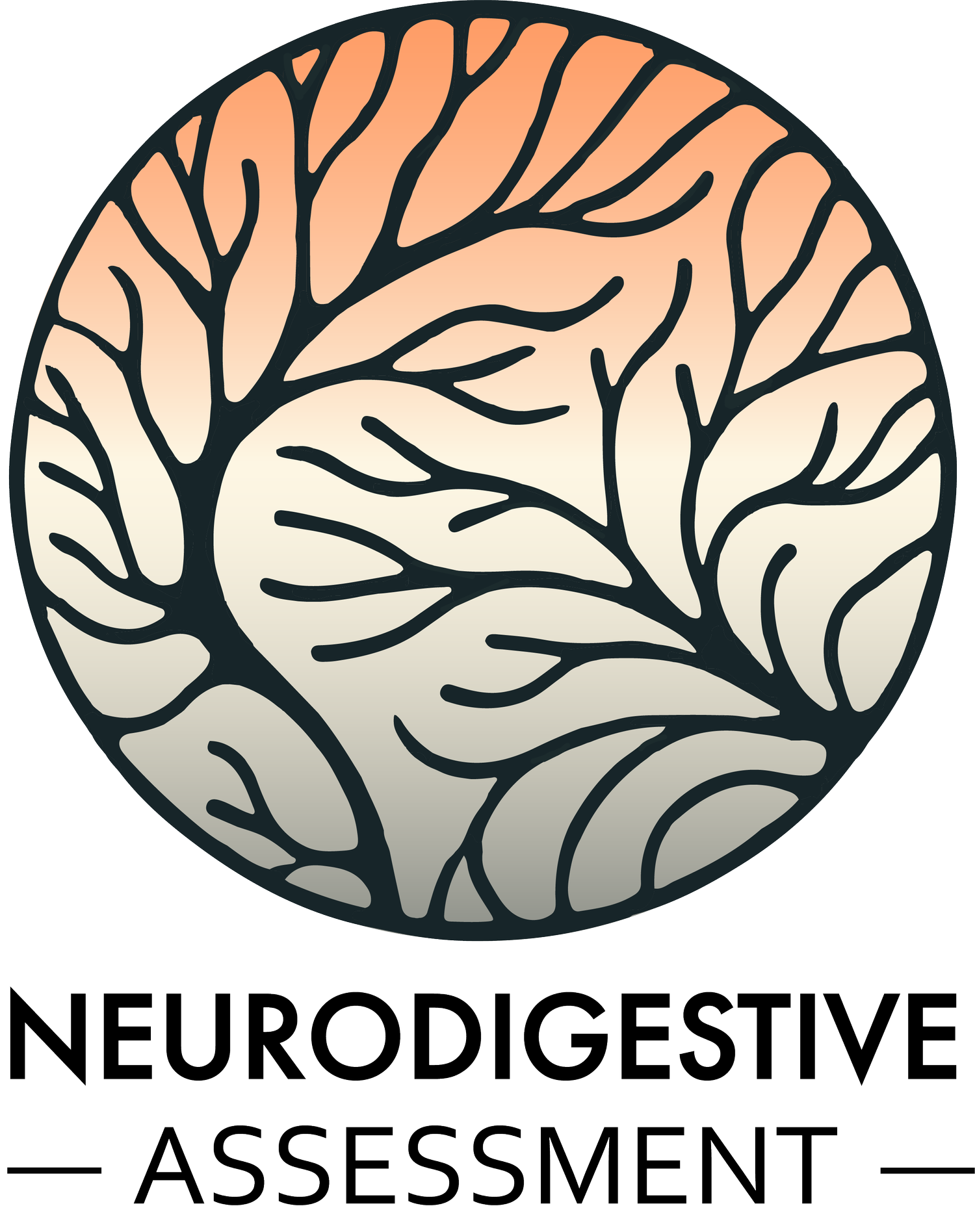The Gut-Brain Connection
Disorders of the Gut-Brain Interaction (DGBI) are health conditions that result from a problem in the communication between the gut and the brain. This connection plays a big role in both digestion and emotional well-being. Here is a simple breakdown.
What is the Gut-Brain Connection ?
The gut and brain are in constant communication through several systems:
Nerves The vagus nerve helps send messages between the gut and brain.
Chemicals Things like serotonin, which helps with both mood and digestion, are part of this system.
Hormones The gut releases hormones that can influence the brain and vice versa.
Immune System The gut's immune system also communicates with the brain and can impact brain function.
Common Gut-Brain Disorders
These disorders often cause both digestive and mental health symptoms.
Some common examples are:
Irritable Bowel Syndrome (IBS) This causes stomach pain, bloating, and changes in bowel habits (diarrhea, constipation, or both). Stress and emotions play a role in triggering these symptoms.
Functional Dyspepsia This is ongoing pain or discomfort in the upper stomach without any clear cause. Stress often makes it worse.
Functional Constipation Difficulty passing stools and stomach discomfort. It’s often linked to stress or changes in gut movement.
Functional Diarrhea Frequent, loose stools with no obvious cause, often related to stress or diet.
How It Happens
DGBI is complicated, but some key factors include:
Gut Movement Problems The muscles in the gut might not work properly, leading to symptoms like pain or changes in bowel habits.
Sensitive Gut The gut may be extra sensitive to normal activities, causing pain or discomfort.
Gut Microbiome Imbalance When the bacteria in the gut are out of balance, it can affect digestion and even brain function.
Brain Processing Issues The brain may interpret gut signals incorrectly, leading to stronger or more frequent symptoms.
Stress and Mental Health Stress, anxiety, and depression can make gut symptoms worse or even cause them in the first place.

